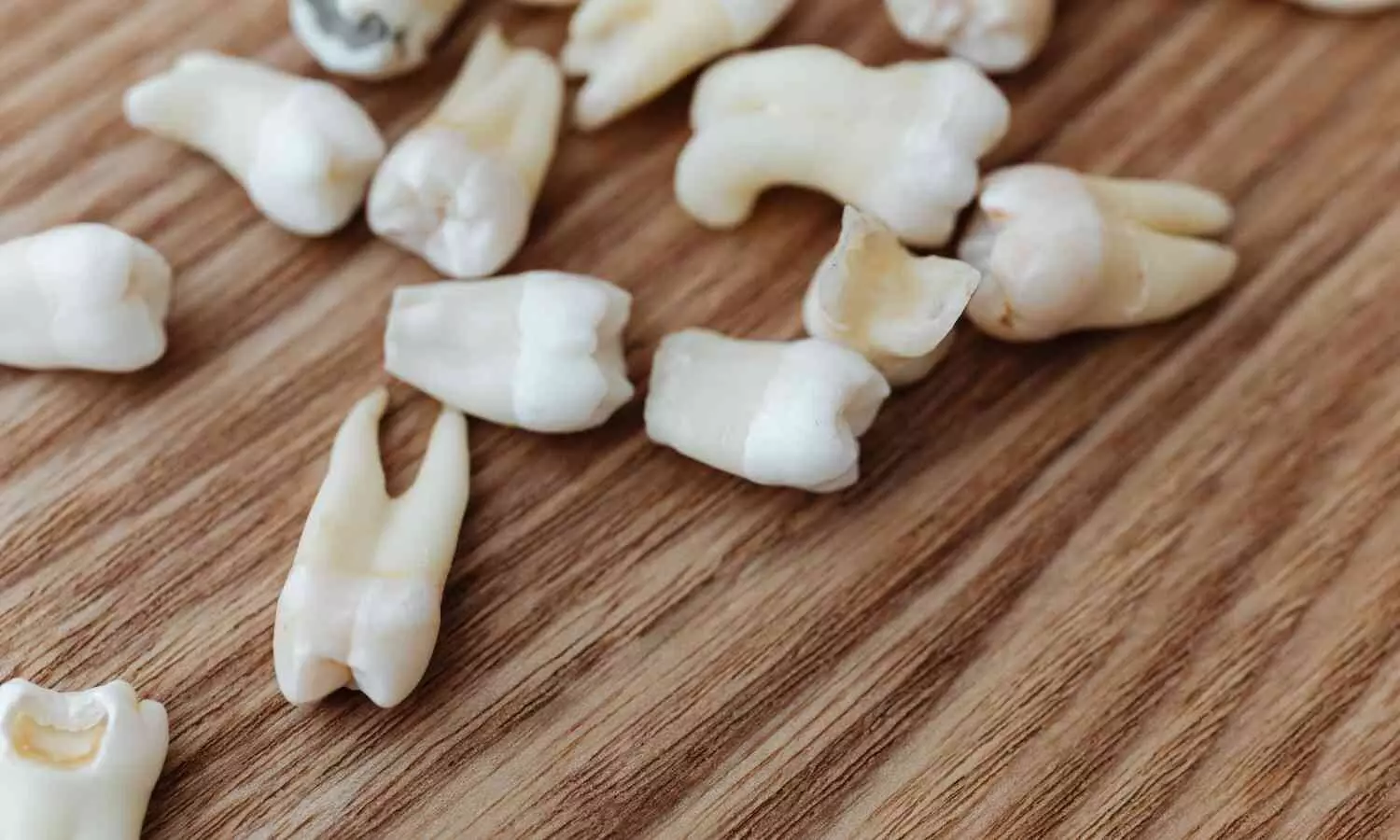Dental Breakthrough: Lab-Grown Teeth May Offer a Natural Alternative to Fillings and Missing Teeth

Scientists have recreated the early environment of tooth development
in the lab, using a specially designed material that enables dental cells to
communicate, offering new insights into how natural teeth could one day be
grown outside the human body.
In a recent scientific development, researchers at King’s College London have made significant progress toward enabling adults to regrow their own teeth. Published in the ACS Macro Letters journal, this research introduces a promising alternative to traditional dental treatments by offering a potentially natural method for tooth repair and regeneration.
For over a decade, scientists at King’s College London’s
Faculty of Dentistry, Oral & Craniofacial Sciences have been exploring the
possibilities of lab-grown teeth. Their latest collaborative study with
Imperial College London has led to the development of a novel biomaterial that
replicates the natural conditions of early tooth development. This innovation
allows cells to communicate in a way that initiates the formation of tooth
structures.
Xuechen Zhang, from the Faculty of Dentistry, Oral &
Craniofacial Sciences, King’s College London, and author of the study said: “Fillings
aren’t the best solution for repairing teeth. Over time, they will weaken tooth
structure, have a limited lifespan, and can lead to further decay or
sensitivity. Implants require invasive surgery and good combination of implants
and alveolar bone. Both solutions are artificial and don’t fully restore
natural tooth function, potentially leading to long-term complications.”
Discussing possible approaches to using this breakthrough in
clinical settings, Xuechen added: “We have different ideas to put the teeth
inside the mouth. We could transplant the young tooth cells at the location of
the missing tooth and let them grow inside mouth. Alternatively, we could
create the whole tooth in the lab before placing it in the patient’s mouth. For
both options, we need to start the very early tooth development process in the
lab.”
Corresponding author of the study, Dr Ana Angelova Volponi
from King’s College London, emphasised the broader implications of this
research: “As the field progresses, the integration of such innovative
techniques holds the potential to revolutionise dental care, offering
sustainable and effective solutions for tooth repair and regeneration.”
Reference: Zhang X, Contessi Negrini N, Correia R,
Sharpe PT, Celiz AD, Angelova Volponi A. Generating Tooth Organoids Using
Defined Bioorthogonally Cross-Linked Hydrogels. ACS Macro Lett. 2024 Dec
17;13(12):1620-1626. doi: 10.1021/acsmacrolett.4c00520. Epub 2024 Nov 12. PMID:
39532305; PMCID: PMC11656705.
